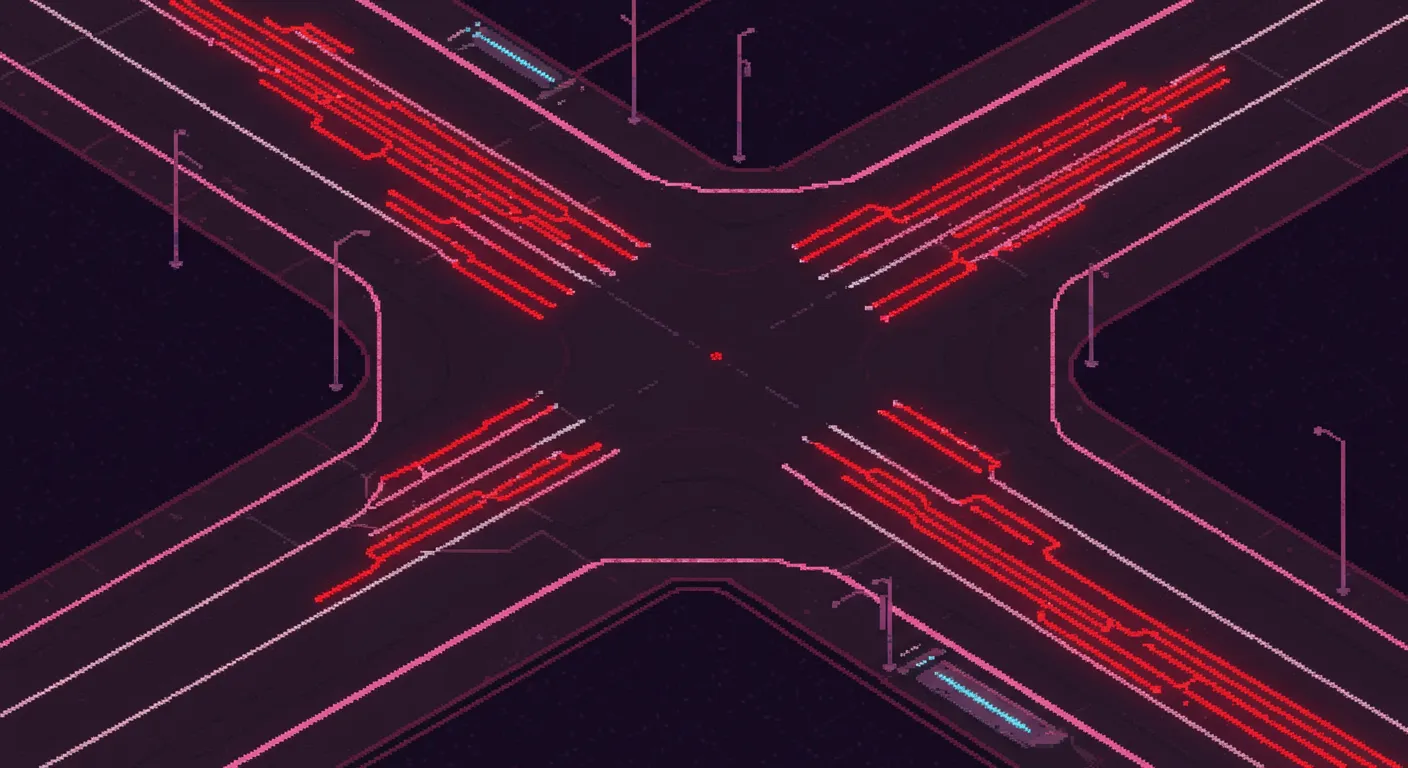In the rapidly evolving landscape of artificial intelligence, online commentators are wrestling with a fundamental question: Will AI truly liberate human creativity, or simply replace workers and concentrate wealth?
The discussions reveal a complex tapestry of hopes and fears. Some see AI as a potential tool for human advancement, echoing Isaac Asimov's optimistic 1992 vision of technology freeing humans from mundane tasks. Others view it more cynically - as another mechanism for corporate control that will eliminate jobs without creating meaningful alternatives.
The economic implications are particularly stark. Multiple commentators point out that AI isn't just automating low-skill work, but increasingly encroaching on creative and professional domains. A landscaping appointment scheduled by AI might sound convenient, but it represents a job lost - not a worker liberated to pursue poetry.
The philosophical underpinnings are equally nuanced. While some argue that AI could complement human intelligence, providing tools that enhance our capabilities, others warn of a potential future where humans become economically obsolete. The core tension remains: Can we develop AI that empowers rather than replaces human potential?
Ultimately, the conversation suggests we're at a critical juncture. The technology's trajectory will depend not just on technological capabilities, but on the economic and social structures we choose to build around it.


